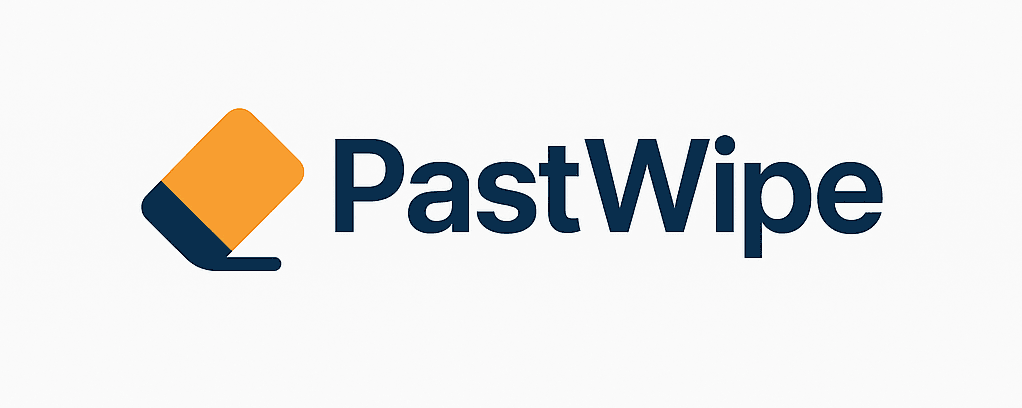
Are Your Private Photos Really Safe?
Every day, billions of photos are shared on platforms like Facebook and Instagram. But what many users don’t realize is that transferring these photos to services like Google Photos could open the door to massive privacy risks.
In this post, we’ll uncover why your private images might not be as safe as you think, the hidden dangers of metadata, how AI uses your photos, and what you can do to protect yourself.
Why Social Media Photo Transfers Are a Growing Concern
The rise of data portability sounds great in theory. Facebook, Instagram, and other tech giants encourage you to “take your data with you.” They offer tools that let you move photos and videos directly to services like Google Photos with just a few clicks.
But here’s the problem: your photos contain far more than just images.
The Hidden Data Lurking in Your Photos
Every photo you take carries invisible data known as metadata. This can include:
- GPS coordinates of where the photo was taken
- Timestamps revealing exactly when the photo was captured
- Device information linking the image to your phone or camera
- Hidden tags that tie photos to your social media profiles
This hidden data can be a goldmine for:
- Hackers seeking personal info
- Stalkers tracking your movements
- Companies building profiles for targeted ads
- AI systems training on your private moments
Even if you’ve set your social media accounts to private, transferring your photos to another service doesn’t automatically strip out this sensitive data.
Real-Life Stories Show the Danger
Consider Maria López (name changed), who escaped an abusive relationship and started a new life. A single photo shared online revealed hidden location data, leading her ex-partner directly to her new address. Fortunately, she avoided another violent encounter—but not everyone is so lucky.
This is just one example of how private moments can become public vulnerabilities.
How Big Tech and AI Use Your Images
When you transfer photos from one platform to another, you might be unknowingly feeding:
- Facial recognition systems that scan and store your face
- AI models trained to predict behavior based on images
- Marketing databases that track your interests and habits
A report from The Washington Post revealed how Meta (Facebook and Instagram) gathers browsing habits and photos to power their AI engines—even beyond what users realize.
How Your Private Photos Might Already Be Public
Shocking examples have surfaced where Google Photos links were indexed by search engines, making supposedly private albums accessible to anyone with the right keywords. People have found family photos on obscure forums, or even for sale on shady websites.
Your private images could be:
- Scraped by bots and stored in hidden databases
- Used to train AI systems without your consent
- Sold to third-party marketers or worse
What You Can Do to Protect Your Photos
Here are key steps you can take right now:
✅ Strip Metadata: Use tools like ExifTool to remove hidden data before uploading or transferring photos.
✅ Limit Transfers: Only move essential photos between platforms. Don’t bulk-transfer everything blindly.
✅ Tighten Privacy Settings: Review privacy settings on social media and cloud services.
✅ Monitor Your Digital Presence: Search your name and images regularly to check for unexpected appearances online.
✅ Seek Professional Help: For those who want complete peace of mind, privacy services like PastWipe can help track down exposed images, scrub hidden data, and monitor for leaks.
Why You Should Act Now
“People believe privacy settings protect them. But those settings don’t matter once your photos are floating in someone else’s cloud,” says Elena Morris, Digital Privacy Specialist at PastWipe. “Once your images are out there, they’re almost impossible to claw back.”
In today’s world, privacy is under siege from all angles—Big Tech, AI systems, hackers, and even unintended leaks. Taking action now can prevent heartache, embarrassment, or even real danger down the line.
Final Thoughts
Social media photo transfers promise freedom and convenience. But hidden beneath that convenience are risks that could impact your safety, reputation, and future.
Don’t wait until your personal moments become the next viral headline.
Related Reading
- How to Remove Personal Info from Google Search
- What is Metadata and Why It Matters
- PastWipe’s Guide to Digital Privacy
Call to Action
Concerned about your photos? Learn more about how PastWipe can help protect your digital privacy and keep your private moments private.






